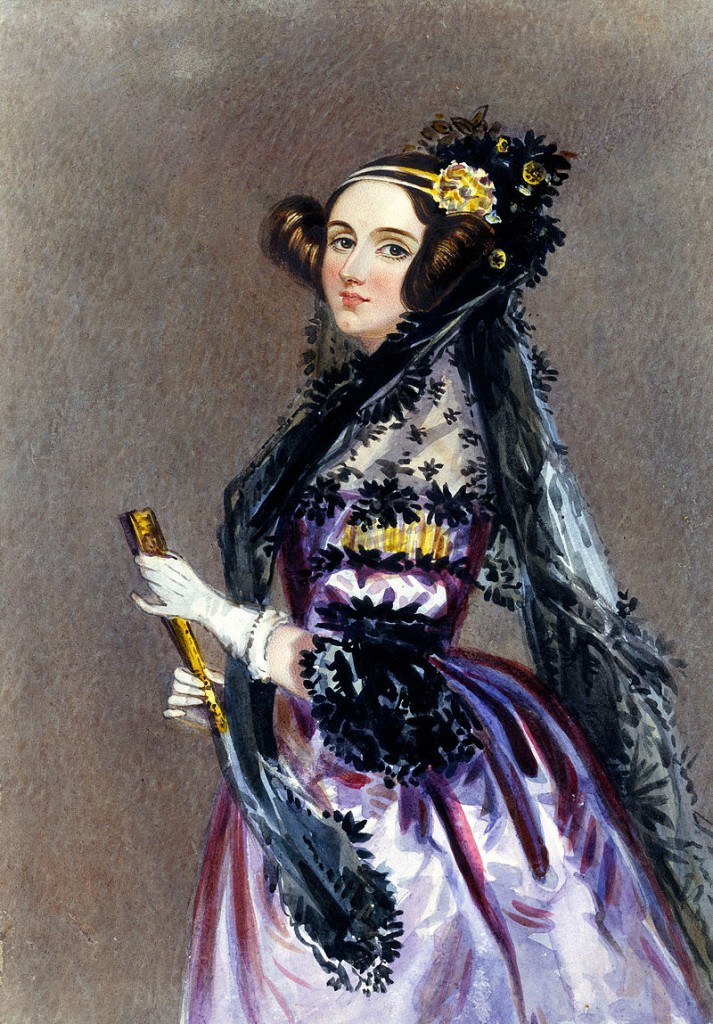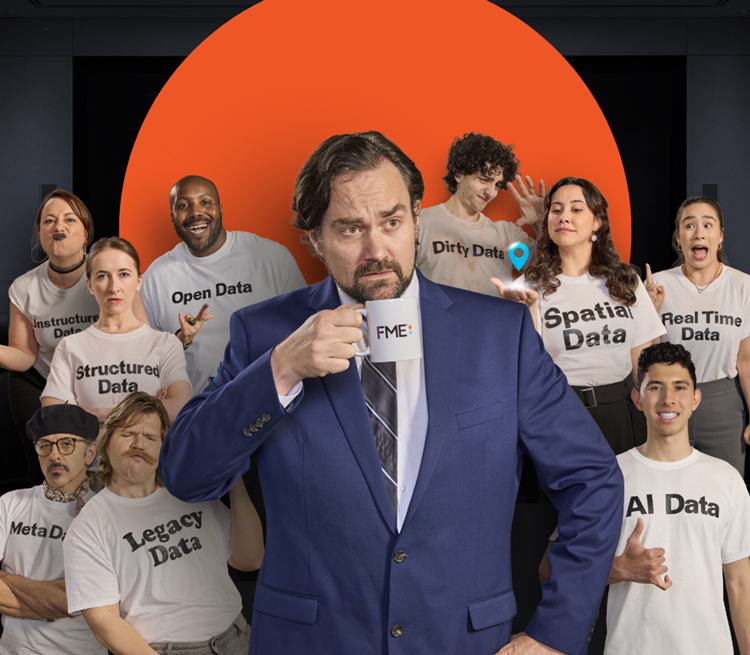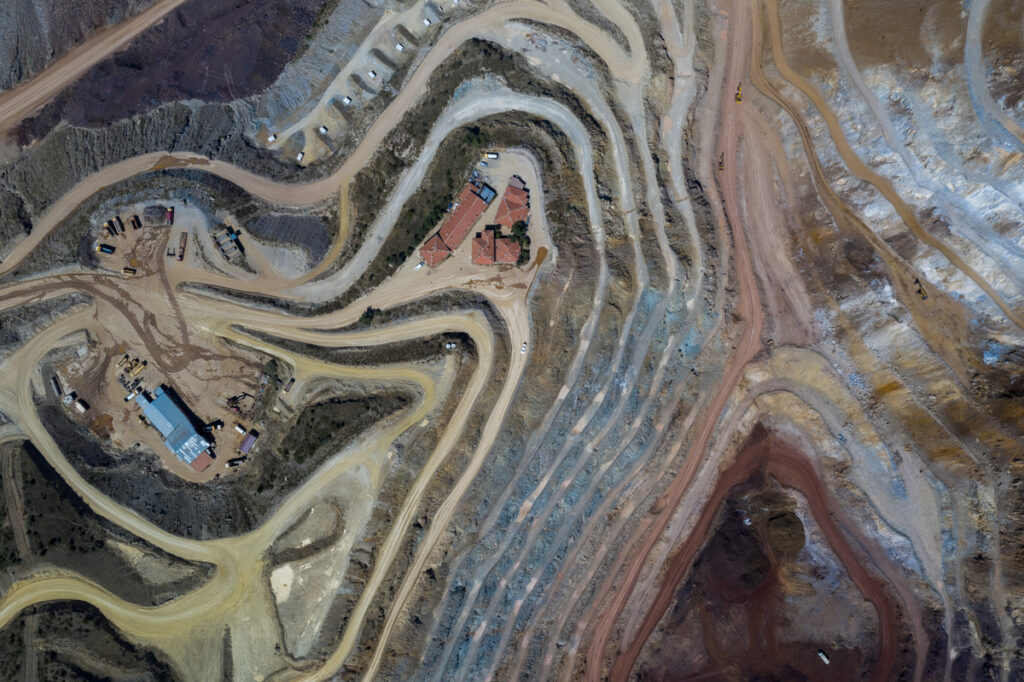Celebrating Women in IT: A Chat with Safe’s Devs


 A discussion of careers in the tech industry, the appeal of programming, and what it’s like being a female software engineer.
A discussion of careers in the tech industry, the appeal of programming, and what it’s like being a female software engineer.
Settling in my office, steaming hazelnut latte in hand and a map of Westeros staring down at me, I draft an email to the female developers of Safe Software. May 16-20 is Women in IT week, an opportunity to recognize the achievements of women in the technology sector, and I’d like to interview our female devs to get their stories, thoughts, and advice.
The difference in the number of women and men in the industry rarely crosses my mind anymore. When I started computer science in university, as with any woman entering a male-dominated industry, my identity as a female was a glaring fact of life. Now, it shocks me to discover how few women in the office hold the title “software developer”. Surely, there must be more than that. I re-check my information, but it’s true. Despite the progress society has made towards encouraging girls to pursue mathematical and scientific careers, the presence of female engineers in the working world is lacking.
Their impact, however, is not. With backgrounds ranging from web development to quality assurance to user experience to physics, the women I interview are working on various aspects of FME that will have a huge influence on the upcoming release. These include major improvements to the user interface for both desktop and server products, performance enhancements for our 2D geometry algorithms, and new functionality for integrating with cloud services.
As a dev, it is important to be enthusiastic about the product you’re building, and there is no shortage of that around Safe Software. These women are inspired by their current projects and the new technologies Safe is experimenting with for the next FME release. “The web service integration is going to be awesome,” says Shelley, User Experience Team Lead. Iris, her UX teammate, agrees. “We’re making FME a must-have tool for managing data in the cloud and I’m excited to be a part of this.” The focus of FME since its founding has been on automating complex data workflows, and Isabel is at the front of QA testing the software from top to bottom. “FME makes complicated tasks simpler,” she says, adding a compliment on the user interface—the result of the hard work of our User Experience powerteam. On the FME Server side, Erin has been engineering new designs and front-end developments for the web interface. “They’re unique and innovative,” she says. “I can’t help but be excited about them!” Having taken a peek, I must say they are the best the FME Server Web UI has ever seen.
When asked what appeals to them about the industry, they first offered praise for the nature of the work itself. “What I love most about working in the tech industry is solving puzzles,” says Olivia, the brains behind much of our geometry research and development. “Taking things apart, understanding how they work, and putting them back together.” “I also love all of the new technologies that are constantly emerging,” says Erin. “There are so many interesting projects that make developing and using technology so much easier.” Shelley agrees that evolving technology keeps life interesting and full of learning opportunities. “Given how technology is driving changes in society, I think understanding how computers work helps make that change less intimidating.” With Safe’s recent forays into virtual reality, the ESA’s Copernicus programme, and a few secret projects, it’s hard not to get excited about being in tech.
Iris speaks to the potential to make a real-world impact. “You’re creating something, and what you create gets used by thousands of people.” Over the last few years, Safe has grown from a niche B2B to something anyone can use for automation scenarios—governments, nonprofits, even a high school student transforming LiDAR to Minecraft for a capstone project. Iris adds, “We have an amazing customer base that is able to take the tools we build into our products and use these to build their own amazing creations that always manage to exceed our grandest visions for what our product can do.”
Their interest in programming started unanimously in university. “Writing code and automating my analysis was the task I enjoyed the most while working towards my thesis,” says Iris, who was getting her Masters in Physics at the time. Olivia had a similar experience. “The more programming I did, the more I fell in love with the process of writing software itself, not just as a tool, but for its own sake. When I graduated, becoming a software developer felt like a natural choice.” To that end, several of them feel they landed in software inevitably. “I had taken a computer programming class and realized that programming came pretty easily to me,” says Erin. “I figured I should pursue this even if just for a short period of time, so I chose my engineering major to be Computer Engineering. I was a little lost before I chose to work as a developer. I knew that I liked problem solving but also seeing tangible results quickly from creating a solution.” Shelley adds, “Other factors that attracted me were the flexible work environments technology companies have, the huge number of jobs in the field, and that a bachelor’s degree was sufficient.” As someone with an original interest in psychology, I can attest to the allure of computer science when you find out you don’t need a Ph.D. to get started with your career. Programming skill develops through real-world practice, enabling young developers to jump into their careers quickly and with a lot of energy.
The software development environment is a huge perk. Circling back to the appeal of the tech industry, Isabel adds that it’s “flexible, self-driven, and has less complicated office politics!” A vibrant, employee-oriented culture is a widespread benefit of software careers, with companies offering everything from free meals to daycare to sponsored volunteer hours. Still, we all agree we have found something special at Safe. “Safe Software is the most inclusive workplace I have ever been a part of,” says Erin. “I love that everyone is so accepting of new ideas and encouraging of feedback and collaboration.”

The conversation turns to being a woman in technology. It’s no secret that we are a minority in the field—but do these women feel the effects of the gender gap? “I don’t notice it much until we really count the dev people” says Isabel, and we agree that short of counting the number of females and comparing it with the number of males, the gender gap is not noticeable here at Safe. “There has been no better time to be a woman in tech,” says Iris. “Things have come a long way from the past.” Olivia recalls one of her internships in which five out of six team members were women. “It was a nice change of pace and a great experience.”
But the gender gap is still substantial, and at times, a notion of what a programmer should be bubbles to the surface. Erin recounts a situation when identifying herself as a Software Engineer resulted in disbelief from a male friend. “His actual words were: ‘No you’re not.’ I had to discuss details of a recent project I had worked on—complete with the exact microcontrollers and languages I used—in order for him to believe me.” She continued to experience this type of reaction throughout university, and especially when voicing her opinion in group projects—as though she had more to prove about her programming skill than her male teammates. Thankfully, this problem disappeared once she launched into her career. So while she notices the status quo when others react to her job title in the outside world, it disappears within the office. “I have never felt so included in the tech work experience as I do at Safe Software. I feel that my ideas are valued and people genuinely appreciate my contribution to discussions.” Perhaps, then, notions about women in IT are more prominent in our culture as a whole, rather than within the industry itself. Erin believes it is a cultural ideology. “It is absolutely critical that we continue to fight outdated ideas of ‘women’s work’ and retire harmful ideologies that arbitrarily link ability to gender or any other personal characteristic. We need more women in tech and other male-dominated industries!”
The discussion brings to mind a panel I attended in university about the Impostor Syndrome. The feeling of feigned adequacy can apply to anyone, but is often found among women in male-dominated industries. It sheds light on the effects of stereotyping and the underrepresentation of women in tech. “It can be an intimidating experience walking into a meeting with fifteen male coworkers,” says Erin. She adds that her self-confidence is a work in progress—“to walk into a room and know that I wouldn’t be there unless I added value.” The good news is, given time, it is easier to feel confident about yourself and your skillset—to the point where Shelley doesn’t notice gender inequalities at all. “I’m long past the point where I am conscious of being the only woman in the room,” says Iris. “It’s just something you kind of get used to. I’ve always worked in male-dominated fields, and I have faced the occasional challenge with this, but these instances are far overshadowed by the many great and supportive interactions I’ve had with both male and female colleagues over the years.” On advice to women considering entering the tech industry, she says, “Go for it. It’s better out there than you think. There are lots of great companies like Safe where you will be able to be yourself and fit right in.”
Opportunities for women to learn about technology careers are abound, including workshops like GIRLsmarts4tech for grade 6 and 7 girls, the OurCS conference for university undergraduates, the Grace Hopper conference, and many others. Erin recommends people check out the Techies Project, in which underrepresented people in the industry share their interesting, inspiring stories.
While being a woman in tech is less unusual today than it was a decade ago, society has a long way to go. Of course, beyond an issue of feminism, I find it interesting that none of us discovered a passion for computers before going to university. This points to a shortcoming in the high school education system. With the importance of technology in today’s world, computer science should not only be encouraged, but also a mandatory part of education. Kids considering their career path—both boys and girls—should boldly go where their interests take them.
Want to learn more about working at Safe Software? Meet the team, learn about our culture, and see our current job openings at safe.com/careers. Our team is growing and we’re always hiring full-time and co-op positions in software development, sales, web design, and more.



